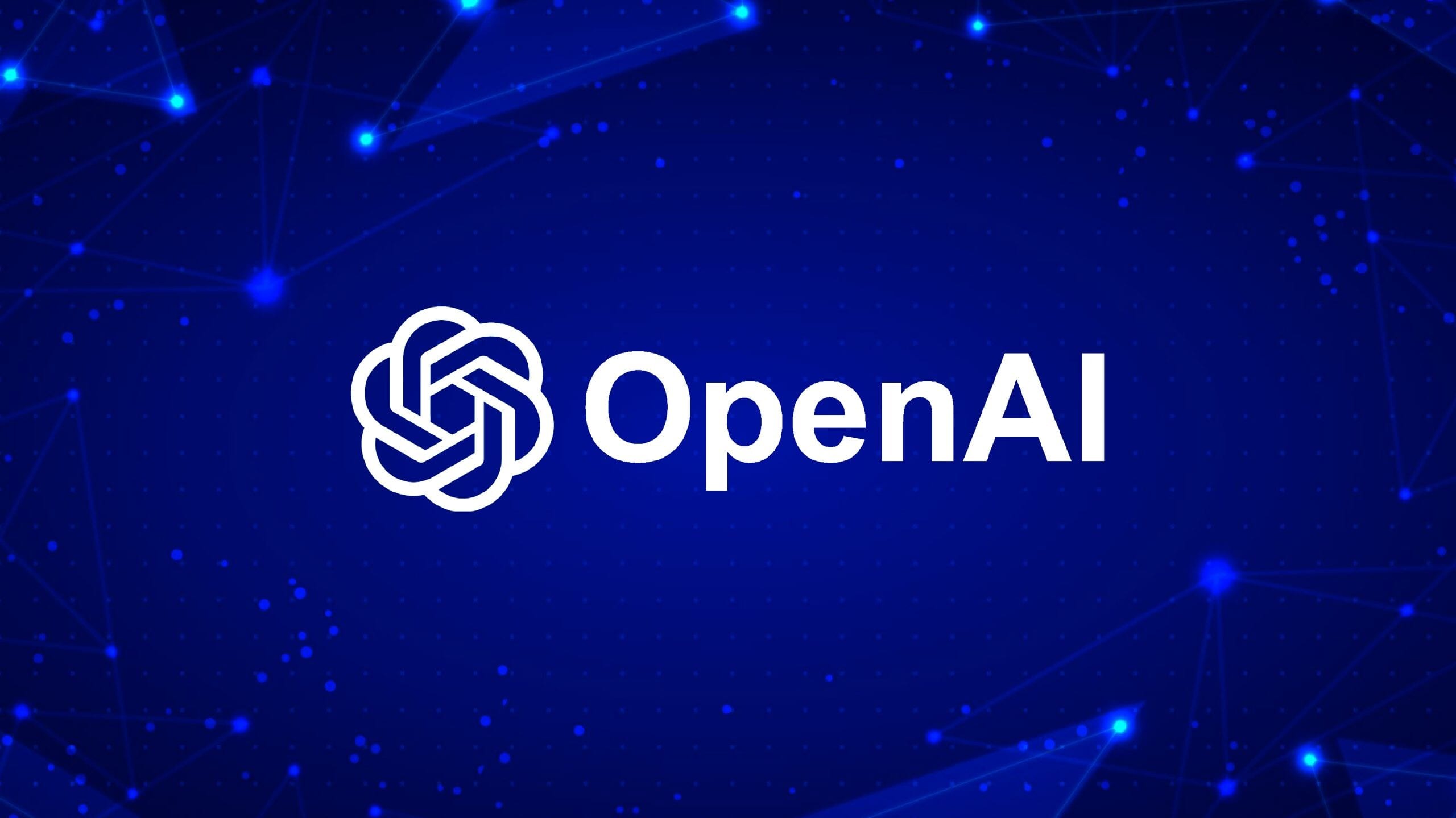
OpenAI delays tool that lets creators opt-out of AI training
What's the story
OpenAI, the leading artificial intelligence research lab, has still not delivered on its promise of developing a tool to let creators control how their content is used in AI training data.
The tool, called Media Manager, was announced back in May and was expected to be operational by 2025.
However, there are no sign of its completion or launch.
Tool description
A solution to copyright infringement
The Media Manager tool was intended to flag copyrighted text, images, audio, and video from different sources. This capability was meant to quell fears of critics regarding possible IP infringements.
However, insiders have said that the tool's development was never a priority at the company.
"I don't think it was a priority," a former OpenAI employee told TechCrunch. "To be honest, I don't remember anyone working on it."
Legal battles
OpenAI faces legal challenges over content use
OpenAI is already dealing with a number of class-action lawsuits from artists, writers, YouTubers, computer scientists, and news organizations. They accuse the company of illegally using their works to train its AI models.
The plaintiffs include notable names such as authors Sarah Silverman and Ta Nehisi-Coates, visual artists, and media giants like The New York Times and Radio Canada.
Opt-out criticism
Current opt-out methods deemed inadequate by creators
OpenAI has offered several ways for creators to "opt out" of its AI training, including a submission form launched last September.
However, these methods have been criticized as inconsistent and insufficient by creators.
They argue that there are no specific opt-out mechanisms for written works, videos, or audio recordings.
The image opt-out form requires submitting a copy of each image to be removed along with a description, which many find burdensome.
Tool limitations
Media manager's potential limitations and challenges
Even if Media Manager eventually launches, experts remain doubtful it would be able to fully address creators' concerns or even solve the legal issues surrounding the use of AI and IP.
Adrian Cyhan, an IP attorney at Stubbs Alderton & Markiles, said content identification at scale is a difficult task.
Ed Newton-Rex, founder of Fairly Trained, worried the tool could unfairly shift the burden of controlling AI training onto creators.